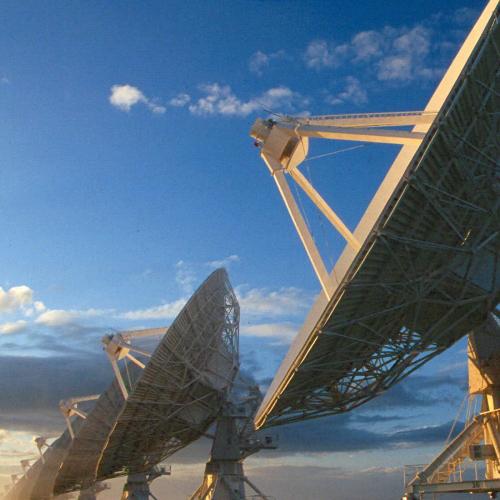Openings at BE
Post-Doc Position: Analog Integrated Circuit Design for Ultrasonically Powered Neural Stimulators
Opening for: PostdocStatus details
| Status: | Closed |
|---|---|
| Announced: | 21 Apr 2020 |
| Closing date: | 20 Jun 2020 |
| Duration: | 3 years |
Your Role:
You will coordinate research activities to design, implement and characterize analog and mixed-signal integrated circuits that are powered by ultrasound and are able to efficiently electrically stimulate neural tissue. Power efficiency and safety in this scenario are very important and will present unique challenges at both system and circuit level. Addressing these will require coming up with innovative architectures and circuit techniques, which are expected to result in publications and patent applications.
Throughout this project, communication and co-ordination with a number of partners from industry, research institutes and academia, is expected, hence strong communication, collaborative and project management skills are essential.
Last but not least, you will be part of the young and motivated Bioelectronics research team at TU Delft. You will collaborate and supervise PhD candidates working on several aspects of active neural implants, allowing you to expand the scope of your research project.
Education and Experience:
You have a PhD degree in Electronics Engineering for Biomedical Applications, especially in the field of biomedical circuits and systems with a main focus on analog and digital electronics. You have a strong research mindset with at least 1 high-profile publication on IC Design. You have an excellent academic track record, reflected by peer-reviewed journal publications, conference contributions, and international research experience. You have strong knowledge about analog design concepts in general (amplifiers, filters, ADCs, power management circuits), and strong knowledge about ultra-low-power and ultra-low-noise analog circuit design. More specific knowledge on wireless power transfer, impedance matching, maximum power point tracking, and/or neural stimulation circuits will be considered a plus. You have good knowledge of Cadence Virtuoso, of layout tools and design verification (DRC, LVS, ERC, ...), and of measuring and validating high-performance, low-noise and low-power analog ICs. You have excellent communication skills and the ability to work in a collaborative team setting. You show a problem-solving attitude and a strong desire to stay up-to-date with recent advancements. You are able to work independently and are eager to take initiative and responsibility as required by this and other projects. You are structured, collaborative and team-oriented and interested in assisting with the guidance of a small group of researchers. An affinity for working at the interface with other disciplines (biomedical engineering, neuroscience, electrophysiology, biomedical signal processing, etc.) and with clinicians and medical researchers is preferred. Very good English communication skills are required.
The opportunity:
We are offering a full-time Post-Doc position for three years in a highly ranked engineering school, and a multidisciplinary project in the rapidly growing implantable devices field. Interaction in a young and motivated research team, collaboration with companies from all over Europe, travels across Europe to interact with the project partners, are to be expected. You will be based in Delft, a vibrant university town a few minutes by train from Rotterdam and Den Haag.
The position is available from June 2020 (a little later is also possible, if needed).
Interested applicants are strongly encouraged to submit the following documents to Dr. Vasiliki Giagka, email: v.giagka@tudelft.nl and put Prof. Wouter Serdijn in cc, email: W.A.Serdijn@tudelft.nl, before the 25th of May.
- a letter of application emphasizing your specific interest in and qualifications for this position,
- a detailed CV, with a publication list,
- contact details of at least two references.
Contact
dr. Vasiliki Giagka
Associate Professor
Bioelectronics Group
Department of Microelectronics
